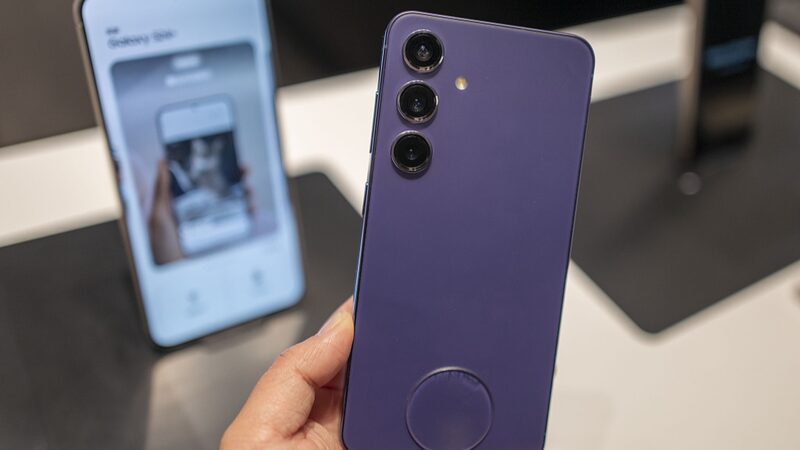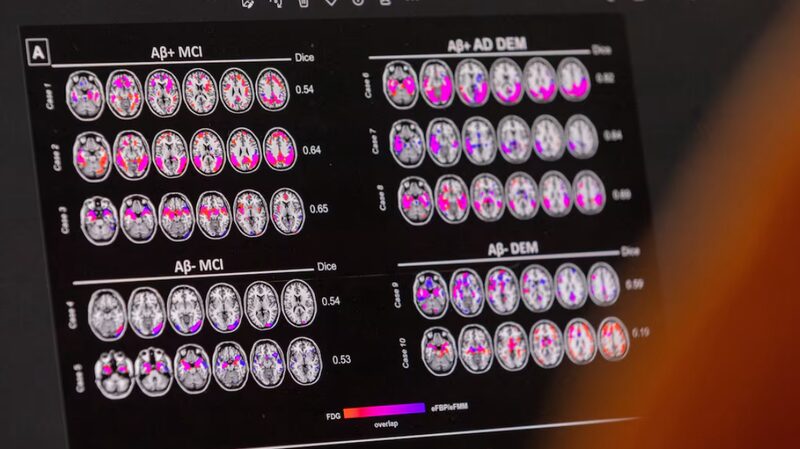Digital Engagement May Boost Aging Brain Health, Global Research Suggests
Conventional wisdom has often warned that screen time harms older adults’ cognitive health, but groundbreaking research from the University of Texas at Austin offers a counter-narrative. A study published in Nature Human Behaviour analyzing data from 410,000 participants across 73 countries found seniors who regularly use smartphones, tablets, or computers demonstrate slower rates of memory loss and cognitive decline compared to non-users.
A Two-Way Relationship: Tech Adoption and Brain Health
Led by clinical neuropsychologist Dr. Jared Bengel, the study identifies a "bidirectional relationship" between technology use and mental acuity. While cognitively healthier seniors are more likely to adopt devices, active engagement with digital tools—such as navigation apps, financial platforms, or video calls—appears to reinforce problem-solving skills and social connectivity. "These tools compensate for age-related challenges while stimulating neural pathways," Bengel explained.
Active vs. Passive Screen Time
Researchers emphasized interactive engagement as critical. Passive activities like TV watching showed minimal cognitive benefits, whereas using devices for tasks like managing prescriptions, accessing news, or connecting with family stimulated mental agility. Dr. Vincent O’Sullivan, an economist at the University of Limerick, praised the study for challenging narratives that "technology erodes memory," noting its potential to inform senior care strategies.
Implications for a Digitizing Asia
With Asia-Pacific home to over 60% of the world’s elderly population by 2050, the findings hold particular relevance. Countries like Japan and South Korea, where smartphone penetration among seniors exceeds 85%, may see broader public health initiatives integrating tech literacy programs. Meanwhile, tech firms are increasingly designing elder-friendly apps with features like voice commands and simplified interfaces.
Reference(s):
Smartphone Use May Slow Cognitive Decline in Seniors, U.S. Study Finds
cdsb.com








